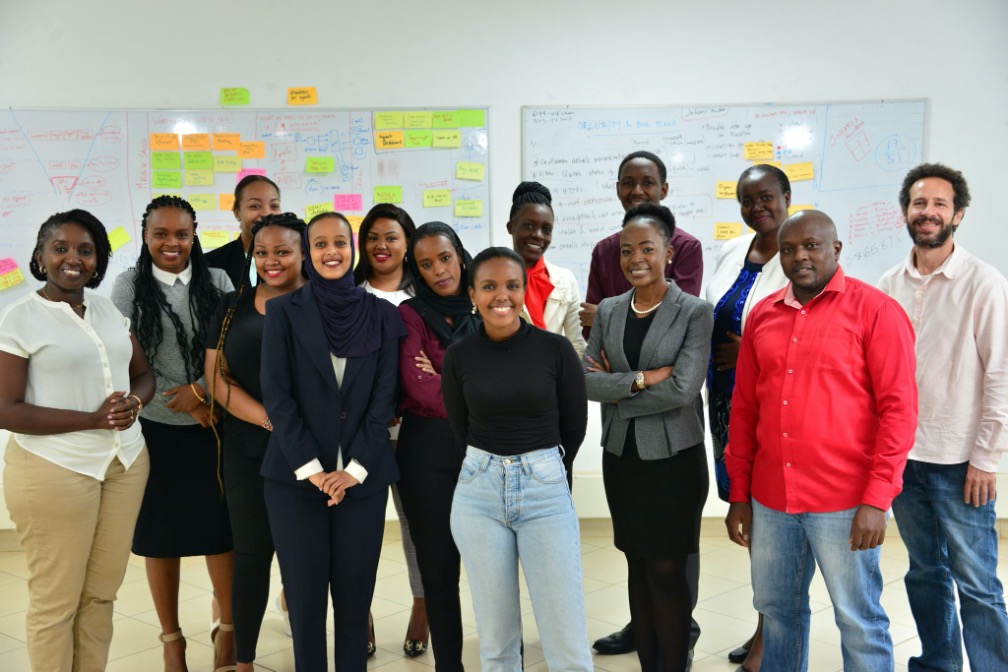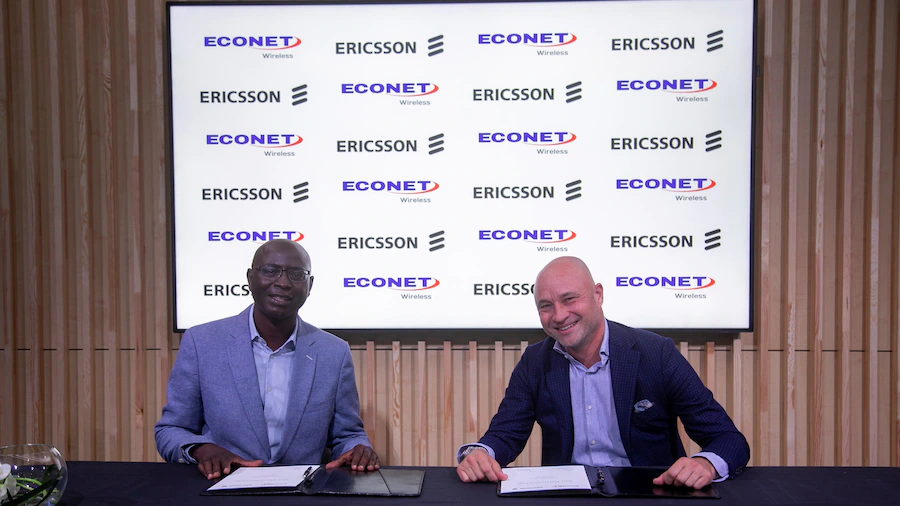The National Information Technology Development Agency (NITDA) of the Federal Government has declared its intention to create research centres for innovative technologies in each of the six geopolitical zones of the nation, including blockchain, Internet of Things (IoT), and artificial intelligence (AI).
This was revealed on Tuesday by NITDA Director-General Kashifu Inuwa during his keynote address at the IoT West Africa Conference’s opening in Lagos. He claims that this is consistent with one of the agency’s priorities for creating a solid ecosystem for technology research.
Kashifu also said that the research focus areas for NITDA include IoT, blockchain technology, uncrewed aerial vehicles (UAV), additive manufacturing, AI, and robotics.
Read also: Sonia’s AI chatbot redefines therapy
Nigeria’s Talent Boost with 3MTT Initiative
Along with supporting research in these fields, NITDA announced it will help Nigerian companies create products based on cutting-edge technologies.
In addition to assisting the federal government’s 3 Million Technical Talent (3MTT) programme, the NITDA DG is essential in developing talent through other technological development agency projects.
NITDA’s Director of Corporate Planning and Strategy, Aristotle Onumo, who represented Kashifu at the event, said that they are establishing a special-purpose vehicle that is going to look into these critical areas and also establish research centres across the six geo-political zones of Nigeria that will be targeting these six critical areas of emerging technologies.
He added that they want to encourage development and have innovation sandboxes where they can support and encourage those with ideas to develop use cases. Through that, they can help them stand, help them to create businesses, and take them to market.
The goal is to train and empower three million Nigerians by 2027, contributing to talent exports and foreign exchange through increased remittances.
Nigeria Leads Africa’s Digital Revolution
According to Shitij Taneja, the Managing Director of Vertex Next, the company that organised the IoT West Africa conference, Nigeria was selected to host the event due to its reputation as “Africa’s next Silicon Valley.” According to him, Nigeria is a technological development powerhouse in Africa because of its sizable youth population and thriving startup ecosystem.
Read also: How Ziki Uses AI to Tailor Education for every Student
Nigeria’s IoT market is expanding due to increased data centre investments, attracting investors to invest in Nigerian startups focusing on emerging technologies.
IoT West Africa showcases emerging technologies and the telecoms industry’s role in economic growth and digital transformation. Lagos is a host city intertwined with Nigeria’s rapid development of technology, infrastructure, and digital economy.
Through digital innovation, the telecoms sector is changing the business environment in West Africa, especially for small and medium-sized businesses involved in manufacturing, technology, and agriculture.








